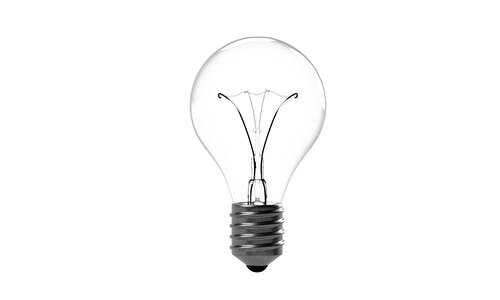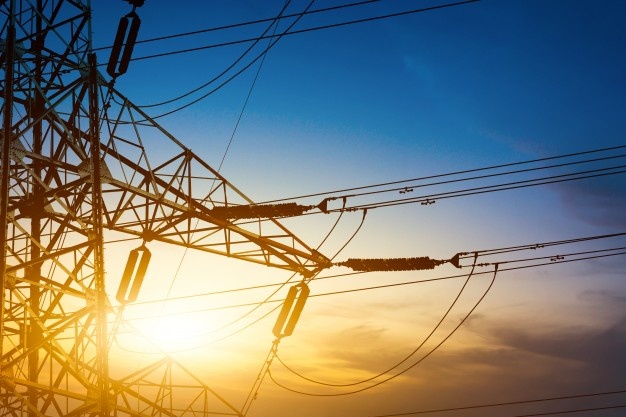Energy Conservation is the generalized term used for the prevention of wasting energy. The term “energy conservation” is commonly defined as: “the reduction in consumption of non-renewable energy resources”. The main ideas behind energy conservation is in the saving of energy by turning “off” unused lighting on a frequent basis or by not overheating or cooling rooms and buildings using large radiators and air-conditioning units operating all day long.
Energy efficiency and energy conservation are constantly being interlinked providing some of the key ideas to our understanding of the way things work in the real world and as such, it is almost impossible to discuss one without the other. An energy efficient home will keep your family comfortable while saving you money. But energy conservation is not just about saving money by turning things “off”, it’s about improving what you have already and becoming more energy efficient through the use of modern technology.

Many people think of energy conservation as saving energy because the latter term is used extensively when discussing issues relating to the depleted use of fossil fuel energy sources. Fossil fuels in the form of coal, natural gas & petroleum products have of course served us well for a long period of time and to this day still, remain relatively cheap.
So what is the answer to our ever increasing energy needs? Well, technology will most likely have to step in and take over. As technology advances and microchips get smaller it’s expected that within the next few years we can expect tiny little microcomputers installed inside of just about everything to monitor its energy consumption and display it on a centralized display panel.
While energy efficiency may be about adding insulation to your home or sealing draughty windows to keep it at the same temperature, thereby consuming less natural gas or heating oil. Energy conservation is about having your heating system work less by lowering the temperature in your home by a few degrees while still maintaining a comfortable living environment. You could even save more by not using it when you are out or during the night time when you are asleep. These small adjustments can help you conserve electricity and save more money.
There are many options and opportunities available for energy conservation in our homes. Renewable resources such as solar energy, wind power, small scale hydro and biomass pellets all show promise and potential as a viable alternative to conventional fossil fuels, or at least as a supplement to them. There are a number of renewable energy sources, but the best ones are those that are naturally sustainable, for example:
Solar Energy: – Solar energy is free energy which comes from the sun. Solar photovoltaic panels take the sunlight (solar rays) and convert them into electricity as it would any other fuel. Solar power systems can be connected directly to the utility grid or have their generated power stored in batteries to be used during cloudy days or in the night time. What’s more, is that once you have purchased the solar panels you have no real cost to using this free solar energy. Today, nearly all outdoor lights, buildings, and even entire office blocks are being run on free and green solar lighting.
Wind Power: – We will never run out of wind so why not put wind to good use, as it makes a great source of renewable energy and nowadays many people are already doing just that. Single wind turbines are able to generate quite a bit of energy which can be used to power a whole family’s needs for electrical lighting and water pumping or used to capture a large amount of power at once and then feed it into the local grid. In some locations, wind power is being used to power entire towns. Wind power is completely clean, green and is a component of solar energy, is renewable and sustainable.
Hydro-Energy: – Part of the beauty of hydro energy lies in its simplicity. Moving water (kinetic energy) spins a waterwheel or turbine (mechanical energy), which then drives an electrical generator (electrical energy). All you need is a river or stream with enough water flowing through it at the right speed and pressure, and you can set up a small scale hydro system that drives turbines and generators to power your home. Just as you can with your solar or wind power systems, you can design a system that is grid connected or stand alone to suit your needs.
All of these renewable forms of energy are alternatives that you can take full advantage of and there are plenty more as well. Biofuels becoming a fast source of fuel taking over form petrol and gasoline in cars, vehicles and water heating boilers. Some larger cities around the world are taking food waste and even animal waste and turning that into biogas fuels and solid biomass products as well.
In addition to the potential for using locally available renewable energy sources to meet a portion of our future energy needs, the efficient use and conservation of current energy sources also represent a significant opportunity for substantial savings. So Energy Conservation is, therefore, an attainable and obviously desirable goal.
As you can see, renewable energy fuels are some of the best ways for us to use technology and conserve energy, and what’s more, is that they are completely safe for the environment too. Simple changes can lead to significant savings and improve the quality of our lives allowing us to rest a little easier knowing that we are doing our part to help reduce our impact on the environment by conserving energy.





